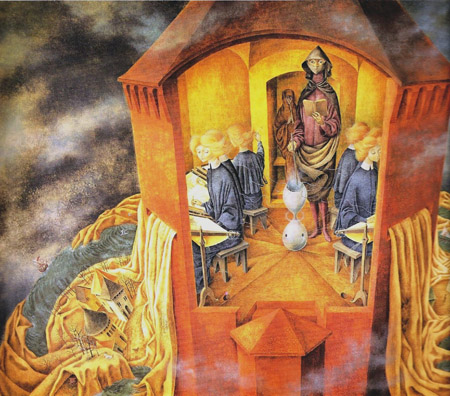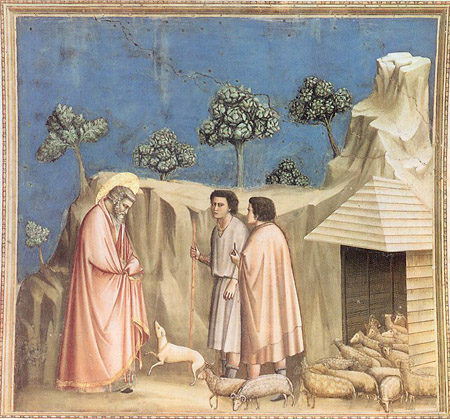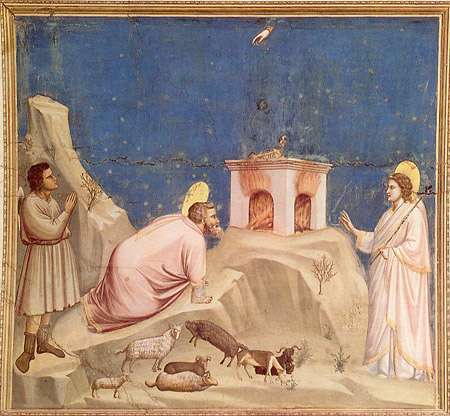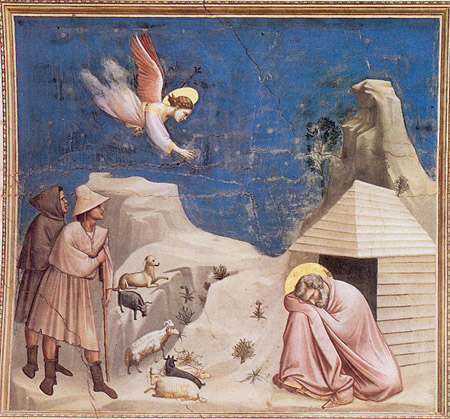“A Lady Reader, having read the novel up to this point, asked, ‘Just where is this story is headed? A proper story needs characters, and character development!’
‘But who will create them? I live in a godless world. I live in a world full of injustice. I don’t know what joy is, I don’t know what sorrow is. I don’t know who I am. Surya used to tell me about how his baby chicks would get carried away by kites. He would protect the eggs for twenty-seven days, help the chicks crack open their shells and come out, keep them warm, teach them to eat grain – all this just for a kite to come swooping down from the sky and carry them off in its talons. Not even nine chicks escaped. Tell me, where is the justice in this world?
‘A tortoise lays ninety eggs. Even before all the eggs can hatch and the baby tortoises can make their way back to the sea, most of them are taken by sea birds Only eighteen of the ninety make it back to the sea safely.
‘When a female cricket makes her chitek chitek noise, the male cricket comes flying in to have sex with her, after which it drops dead.
‘Ponder for a moment on the plight of this male cricket. Does he know that the female is going to call chitek chitek? Once he hears the sound, does he have any choice but to fly to her? It is his nature to answer her call, to have sex with her, and then to die.
‘Where is the justice in this world? Where is the order? How can I create characters under such circumstances? If I can’t even create characters, how can I possibly tell a story?’
‘You can,’ says the Lady Reader.
‘How?’ asked Nano.
‘I won’t tell you. Find out for yourself,’ said the Lady Reader, and left.”
(Charu Nivedita, Zero Degree, trans. Pritham K. Chakravarthy & Rakesh Khanna, pp. 115–116.)




